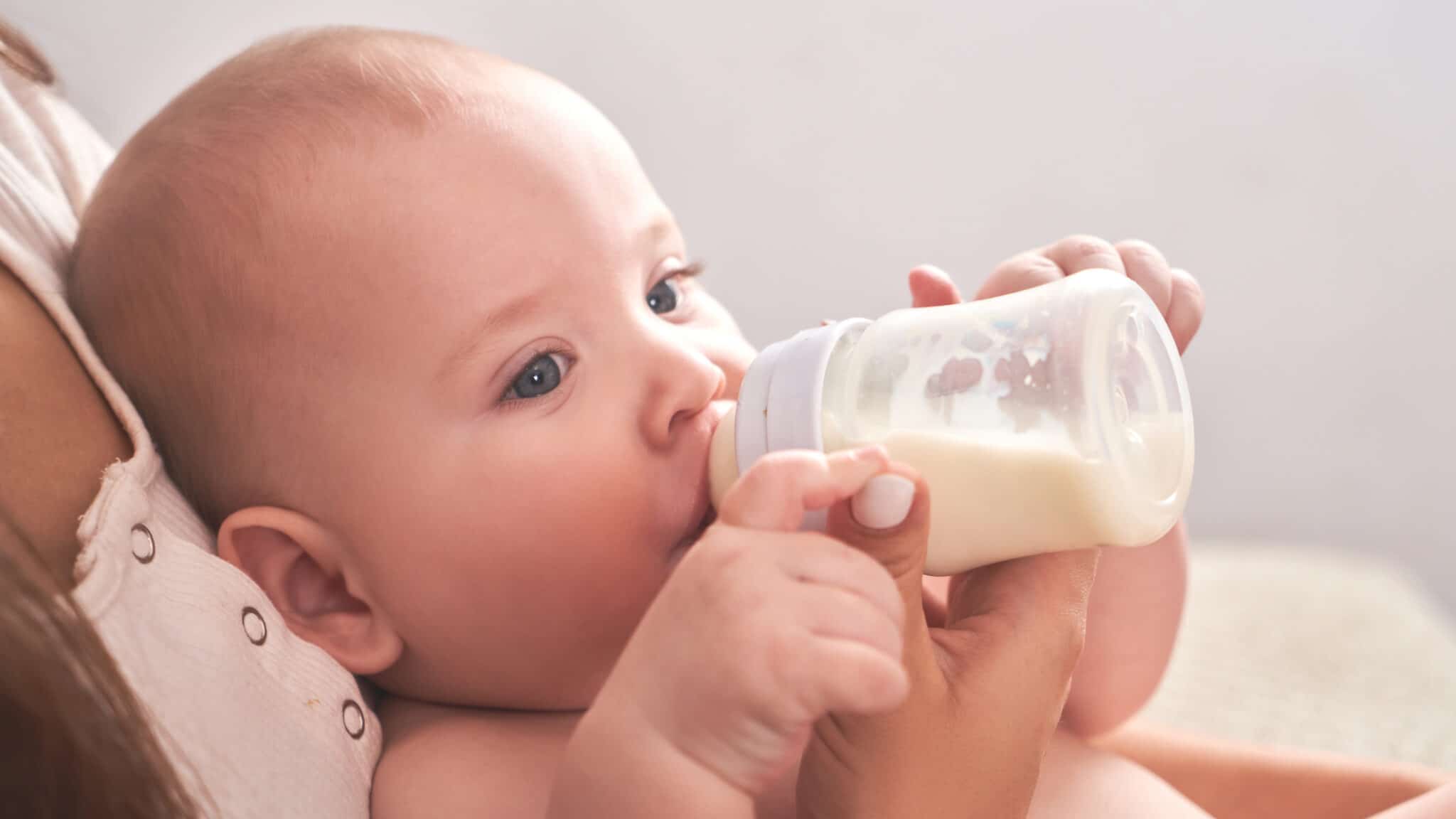Recent changes in the adoptions process in Georgia are causing such extensive delays that the state is no longer considered “adoption-friendly,” several adoption lawyers said Wednesday.
But the owner of an adoption agency in Coastal Georgia and a birth mother defended Georgia’s process as ensuring that Peach State adoptions are safe.
Before November 2023, Georgia requirements for both birth mothers and adoptive parents matched those of other states, the adoption lawyers told members of the state Senate Children and Families Committee. But since then, Georgia has imposed a host of additional burdensome requirements not found in other states, including changing its checklist of requirements six times, Norcross adoption lawyer Justin Hester testified.
“It’s open-ended,” he said. “It delays these people from getting home with a newborn.”
“We’ve got families spending thousands of dollars to stay in hotels and Airbnb’s with newborn babies,” added Sherriann Hicks, an adoption lawyer based in Lawrenceville. “These families are traumatized by this experience.”
While the additional requirements appear to be aimed at preventing human trafficking of mothers and/or babies, the adoption lawyers said they have never encountered instances of trafficking.
We do not understand what rationale exists for the current requirements,” said Rhonda Fishbein, an adoption lawyer in Atlanta. “None of us have knowledge of sex trafficking with the adoptions we’ve been involved with.”
But Ashley Mitchell of Utah, who put her newborn up for adoption 19 years ago, said Georgia did the right thing by stiffening its adoption requirements because adoption has evolved with the advent of the internet and adoption consultants.
“This paperwork and these guideposts should move and should evolve with it,” she said.
“I am proud that we have stopped rubber stamping,” added Carrie Murray Nellis, who runs an adoption agency on St. Simons Island. “It has made me a better practitioner.”
Jacqui Jackson, an Atlanta adoptee and adoptive mother who runs a nonprofit that works with at-risk children, said adoption-related human trafficking is a reality that demands an intense level of regulation to prevent.
“There are bad actors and back-door channels of moving children,” she said. “There have been instances of children being transferred in Walmart parking lots with no oversight.”
Jackson said she supports model legislation that aims to address unregulated child custody transfers, where a parent or guardian transfers custody to another individual without court or agency oversight.
“There are currently eight states, four that have enacted (the Uniform Unregulated Child Custody Transfer Act), four that are considering,” she said. “I would love for Georgia to be the ninth.”
🛑 🛑 🛑
Before You Dismiss This Article…
We live in a time when information feels overwhelming, but here’s what hasn’t changed: facts exist whether they comfort us or not.
When A&W launched their third-pound burger to compete with McDonald’s Quarter Pounder in the 1980s, it failed spectacularly. Not because it tasted worse, but because customers thought 1/3 was smaller than 1/4. If basic math can trip us up, imagine how easily we can misread complex news.
The press isn’t against you when it reports something you don’t want to hear. Reporters are thermometers, not the fever itself. They’re telling you what verified sources are saying, not taking sides. Good reporting should challenge you — that’s literally the job.
Next time a story makes you angry, pause. Ask yourself: What evidence backs this up? Am I reacting with my brain or my gut? What would actually change my mind? And most importantly, am I assuming bias just because the story doesn’t match what I hoped to hear.
Smart readers choose verified information over their own comfort zone.

Dave Williams | Capitol Beat News Service
Dave Williams is the Bureau Chief for Capitol Beat News Service. He is a veteran reporter who has reported on Georgia state government and politics since 1999. Before that, he covered Georgia’s congressional delegation in Washington, D.C.


